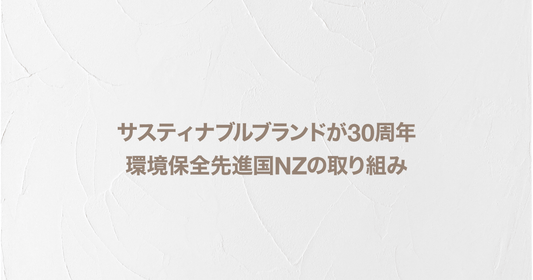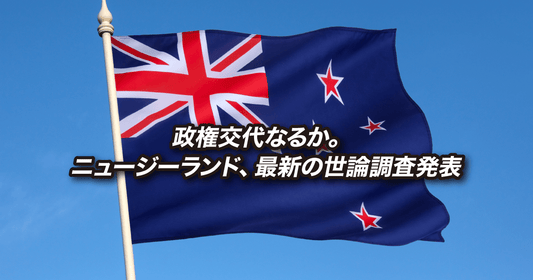
Honey is a New Zealand specialty. Manuka honey, which has particularly strong antibacterial properties, is extremely popular, even though many of them cost more than 10,000 yen for 200g. This year, the demand for Manuka, which is said to be effective in boosting immunity, has increased even more due to the spread of the new coronavirus infection.
In New Zealand, there are many types of honey other than Manuka.
This BeeNZ Manuka can also be purchased at Bokumo !
Health foods and supplements such as propolis, which is made from sap collected by honeybees, and royal jelly, which is secreted by young worker bees after eating pollen and honey, are also popular.
This time, .
What is bee pollen collected by honeybees?
Bee pollen, as the name suggests, is pollen collected by bees. Worker bees roll the pollen into balls with their feet and bring it back to the hive. The nutritional value of the pollen increases when it is mixed with honey and bee secretions. Bee pollen is made by collecting the pollen clumps and commercializing them as health foods and supplements.

It can be purchased as a capsule supplement, but the powdered form can also be used as a food, such as sprinkled on yogurt or fruit. Bee pollen is packed with various vitamins, amino acids, minerals, and other nutrients, and has a high antioxidant effect, making it a true superfood that can also be expected to boost your immune system.
company, sales have increased five-fold since last year!
Bee pollen is harvested with care for the bees and the environment
The process of collecting bee pollen does not kill or harm any bees, and does not interfere with their activities. Bee pollen is collected during the summer, when much more bee pollen is collected than the bees need. It is said that 5 to 10 kilograms are collected from one hive in one season.
National activities to protect bees
In Japan, the decline in the number of honeybees is often talked about, but New Zealand has a sufficient number of healthy honeybees. In order to maintain this environment, the country's beekeepers have taken the lead in designating September as Bee Aware Month, and are carrying out various activities, such as calling for people to protect bees across the country.
Don't take the abundance of healthy bees for granted - they need our help to stay healthy.
Bees are indispensable creatures in the natural world, not only producing many excellent foods such as bee pollen and honey, but also helping with food pollination. People are being asked, "What can humans do?" to protect bees.
popular candles made from beeswax. Recently, wax paper, which is also made from beeswax and is a substitute for saran wrap, has also been attracting attention as being environmentally friendly. It can be purchased in Japan, so please search for it at online shops.
In general, households can contribute to the bees' activities by planting seasonal plants that bees like in their gardens. This is not limited to the countryside, but even in big cities such as Auckland and Wellington, local governments are introducing and recommending plants and trees that are friendly to bees and other insects. It is also important to ensure that bees always have a place where they can drink clean water.





